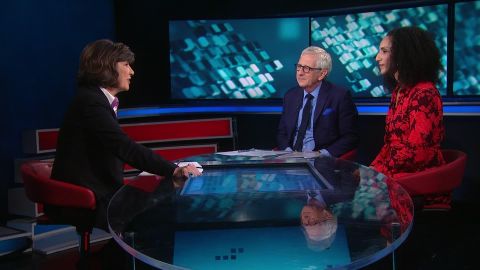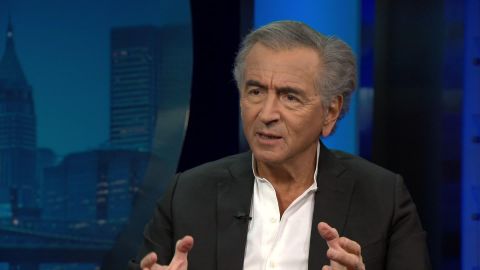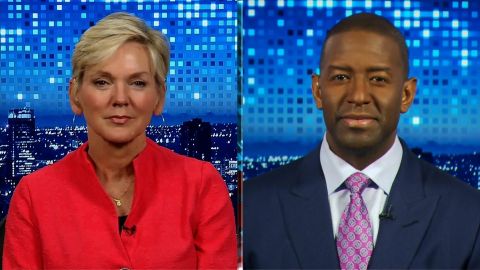Read Transcript EXPAND
CHRISTIANE AMANPOUR: I guess, first Governor Granholm. How do you think this will affect the Democratic presidential campaign going forward?
JENNIFER GRANHOLM: The Impeachment Articles …
AMANPOUR: Yes.
GRANHOLM: … are very important, right, to both of the strands, as you’ve described of the Democratic Party. I think the overarching issue, even though the Democratic Party is very broad, has two very distinct sort of polls, everybody agrees that the most important thing is to get rid of Donald Trump. So the Impeachment Articles sort of underscore that. It underscores the importance for the Democrats of taking back the Senate because right now, as you are aware, the Articles of Impeachment go from a Democratic House to a Republican Senate, it’s not likely that the President will be impeached and thrown out of office. So the only recourse is November at the polls, and that’s what the debate last night was all about. And I continue to tell you Democrats in Michigan, Democrats in Florida, Democrats in Iowa and across the country think that is the number one issue despite disagreements on policy between moderates and progressives.
AMANPOUR: So let me ask you, Andrew Gillum, since this is obviously an area in which you both agree, what effect will it have given the urgency of the election on the fact that three of the candidates that are close to the top are actually sitting senators, and they’re going to have to spend time off the campaign trail in order to, you know, conduct their constitutional duty during this Senate trial?
ANDREW GILLUM: Yes, Christiane, you’re absolutely right, and all three of those senators, I think, rightfully recognize that there are some things above the partisan politics of even running for President and that is being able to fulfill their constitutional duty and obligation and that is to sit as jurors in this very, very important moment in this country. But there will be some practical impacts here. If you are a senator Amy Klobuchar, for instance. This may be one of those things that takes a bit of a toll on your campaign. For the likes of Senator Warren and Senator Sanders who both have, you know pretty large profiles and could stand possibly being physically out of the state. For Amy Klobuchar, who I think was really beginning to get her footing in states like Iowa and New Hampshire and gain some levels of popularity there, I think it will hurt that she won’t be able to be on the ground every single day milking as much as she can out of this moment. And I think possibly creating a bit more of an opening for Pete Buttigieg or Vice President Biden, both who have no official role, obviously in the impeachment hearing, and therefore can spend more time in many ways uninterrupted by the other principals campaigning and barnstorming the State of Iowa.
About This Episode EXPAND
Christiane Amanpour speaks with a former governor and mayor about what’s coming up in U.S. politics. She also speaks with a British journalist and historian about the state of the British monarchy. Hari Sreenivasan speaks with French philosopher and writer Bernard-Henri Lévy about his recent documentaries highlighting the front-line of the fight against ISIS.
LEARN MORE


